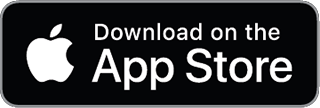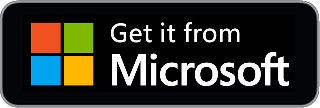What Does RSS Stand For?
RSS stands for Really Simple Syndication, a web feed format that allows users to access updates from their favorite websites in a standardized manner. While the acronym itself is straightforward, the implications and applications of RSS are vast. This article delves into the origins, functionality, and modern relevance of RSS, shedding light on its transformative impact on online content consumption.
The Genesis of RSS
In the late 1990s, as the internet began its rapid expansion, there was a growing need for a tool that could help users keep track of updates from multiple websites without manually checking each one. Enter RSS. Born out of this necessity, RSS provided a solution that allowed websites to broadcast their latest content, and users to aggregate these broadcasts, creating a personalized stream of updates.
How RSS Revolutionized Content Consumption
Before the advent of RSS, staying updated with multiple websites was a tedious task. Users had to bookmark their favorite sites and visit them individually to check for new content. RSS changed this dynamic by:
- Centralizing Updates: With an RSS reader, users could subscribe to multiple feeds, creating a single stream of updates from various sources.
- Ensuring Timeliness: RSS feeds update in real-time, ensuring subscribers receive the latest content as soon as it's published.
- Promoting Unfiltered Content: Unlike social media platforms that use algorithms to determine what content appears on a user's feed, RSS delivers all updates from subscribed sources in a chronological order.
The Technical Side of RSS
At its core, RSS is an XML-based format. This means that it's structured in a way that both machines (like RSS readers) and humans can understand. Websites offer their RSS feeds, usually signified by the iconic orange RSS logo, which users can then plug into their preferred RSS reader to start receiving updates.
RSS Today: Is It Still Relevant?
While the digital landscape has evolved with the rise of social media and personalized news apps, RSS remains a trusted tool for many. It offers a level of customization and control that algorithm-driven platforms can't match. For those who value unfiltered access to content and wish to curate their own digital reading experience, RSS is as relevant today as it ever was.
In Conclusion
RSS has left an indelible mark on the world of online content consumption. It transformed the way users interacted with their favorite websites, offering a level of convenience and personalization previously unheard of. And while the digital realm continues to evolve, the principles of RSS remain steadfast. For those keen on experiencing the power of RSS in a modern, user-friendly interface, the Feed Viewer app awaits. Dive into the world of RSS with Feed Viewer, and rediscover the joy of a personalized, unfiltered content stream.

